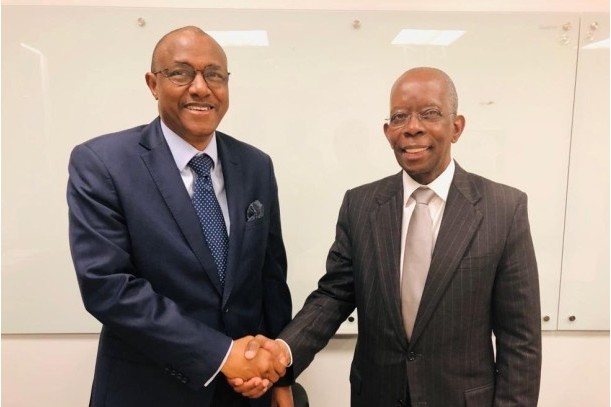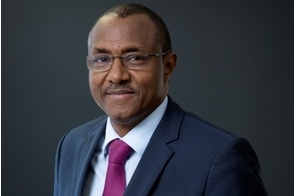Latest News
Mozambique signs MoU with African Risk Capacity on climate risks

News Highlight
The aim of the MoU is to work with the Government of Mozambique to understand its risk profile in relation to the various perils facing the country and develop customized response plans.
The Government of Mozambique has signed a Memorandum of Understanding (MoU) with African Risk Capacity (ARC), which comprises the ARC Agency and the ARC Insurance Company Limited (ARC Ltd), to provide medium and long-term solutions to recurrent episodes of droughts, floods and tropical cyclones in the country.
The MoU will facilitate cooperation between the ARC Agency and the Mozambican government and serve as a framework to define the terms and conditions under which the ARC Agency and the government will work together to address the impact of extreme climate events on the country. In the last two months, Mozambique has been hit by two tropical cyclones, namely, Cyclone Idai and Cyclone Kenneth, in its central and northern regions, respectively.
The ARC, in a statement released last week, said Mozambique is vulnerable to climate change because of its location and geography, which expose the country to tropical cyclones, drought -- every three to four years -- and river or coastal storm surge flooding. The vulnerability is heightened by the country’s 2,470 kilometres of coastline and socioeconomic fragility, which puts infrastructure, coastal agriculture, fisheries and key ecosystems at risk.
Established in 2012 as a specialized agency of the African Union (AU), the ARC Agency helps member-states to improve their capacities to better plan, prepare and respond to weather-related disasters. The ARC Ltd, a mutual insurance facility, provides risk transfer services to member-states through risk pooling and access to reinsurance markets.
Speaking on the signing of the MoU, Mohamed Beavogui, Director-General of ARC, said the aim of the MoU is to work with the Government of Mozambique to understand its risk profile in relation to the various perils facing the country and develop customized response plans.
“Although insurance will never cover all the risks associated with a peril in each country, the ARC’s approach allows for the risks to be managed in way that multiplies the benefits from limited resources available to governments, thereby helping to save more lives and livelihoods at the early stage of a disaster before the arrival of humanitarian assistance,” said Beavogui, who is also a United Nations Assistant Secretary-General. “ARC is a development insurance mechanism which links risk profiling, contingency planning and payout.”
Under the MoU, the Mozambican government and the ARC Agency will work together to prepare for the potential participation of the country as an ARC Ltd member. At the end of the programme, the government will decide whether to participate in ARC Ltd and its level of participation.
ARC Ltd is owned by AU member-states with active insurance policies, while the German KfW Development Bank and United Kingdom’s Department of International Development are capital contributors.
According to the statement, the ARC is working with other development partners, including the World Bank and the African Development Bank, towards a premium financing support for Mozambique when it decides to take the sovereign disaster risk insurance coverage.
“The Government of Mozambique appreciates the onset of formal collaboration with the African Risk Capacity,” said Adriano Afonso Maleiane, Mozambique’s Minister of Economy and Finance. “We expect that the MoU will initiate a well-coordinated take-off of activities towards strengthening the capacities of our climate management authority officials as well as other personnel to better understand our risk profile and provide quicker responses in the event of natural disasters.”
Related News
Latest Blogs
- AML/CFT regulations and data protection require balance in regulating cryptocurrency
- It's time for honest discussions on Nigeria's security architecture
- Driving economic growth through green transition in Nigeria
- CBN is fighting inflation instead of stagflation
- Why electricity privatization failed (2)
Most Popular News
- IFC, partners back Indorama in Nigeria with $1.25 billion for fertiliser export
- CBN increases capital requirements of banks, gives 24 months for compliance
- Univercells signs MoU with FG on biopharmaceutical development in Nigeria
- CBN settles backlog of foreign exchange obligations
- Ali Pate to deliver keynote speech at NDFF 2024 Conference
- Euromonitor forecasts Sub-Saharan Africa GDP to grow to $4.5trn by 2040




